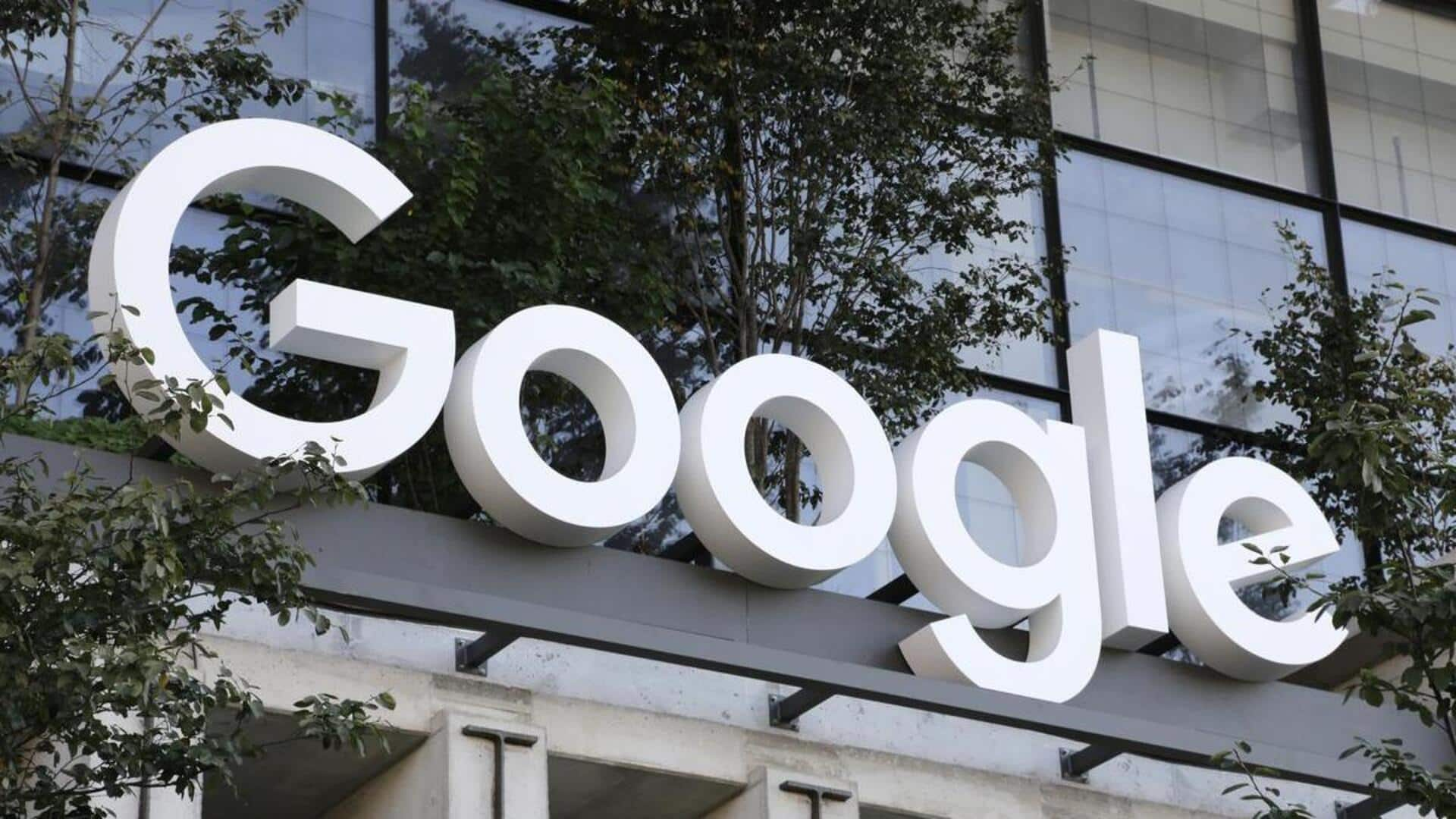
Google presents final arguments in ad tech monopoly case
What's the story
Google and the US Department of Justice (DOJ) have wrapped up their last courtroom session in Alexandria, Virginia. The debate centered around Google's dominance in online advertising technology. Over three hours, both sides delivered their closing arguments in front of US District Court Judge Leonie Brinkema, who is likely to announce her verdict by the end of this year.
Monopoly allegations
DOJ accuses Google of monopolizing ad tech market
The DOJ claims Google has leveraged its suite of ad tech products, particularly Doubleclick For Publishers (DFP) and the AdX exchange, to gain unfair control over website owners and advertisers. In its defense, Google contends it has competition from other sources and shouldn't be forced to strike deals with its competitors. The concluding statements permitted Judge Brinkema to question both sides' arguments with full knowledge of facts.
Market debate
Disagreement over Google's market presence
A major point of dispute in the trial is how many markets Google operates in. The government points to three distinct ad markets dominated by Google: one for publisher ad servers, one for ad exchanges, and one for advertiser ad networks. On the other hand, Google claims there's one, two-sided market of buyers and sellers for digital ads where it competes with companies like Meta and TikTok.
Trial strategy
Judge questions government's focus during trial
Judge Brinkema had also questioned why the government focused on publishers and called ad agency witnesses instead of advertisers during the trial. To this, DOJ counsel Aaron Teitelbaum had explained that issues faced by publishers with Google were effective at highlighting anti-competitive behavior stemming from Google's access to advertisers through its ad network. He further clarified that it was typically ad agencies, not their advertiser clients, who navigated Google's products.
Interoperability dispute
Google's interoperability argument and DOJ's response
Google cites a 2004 ruling, Verizon v. Trinko, which broadly stated Verizon wasn't obligated to share its telecommunications network with AT&T. The tech giant argues its products are already compatible with other ad tech services, and legally enforcing more interoperability would turn Google's advertiser customer base into "community property." The DOJ refuted Google's claims, arguing that the tech giant's actions consistently prioritized itself over customers, citing instances where it removed user options in its ad tools.
Deletion controversy
Accusations of deleted chat messages
Google has been accused of deliberately deleting chat messages that could have possibly hurt its case. The company insists that most messages were just casual water-cooler conversation but acknowledges some included substantive business discussions. The DOJ has asked Judge Brinkema to assume the deleted messages would have hurt Google's case whenever she is unsure about what the erased messages contained.